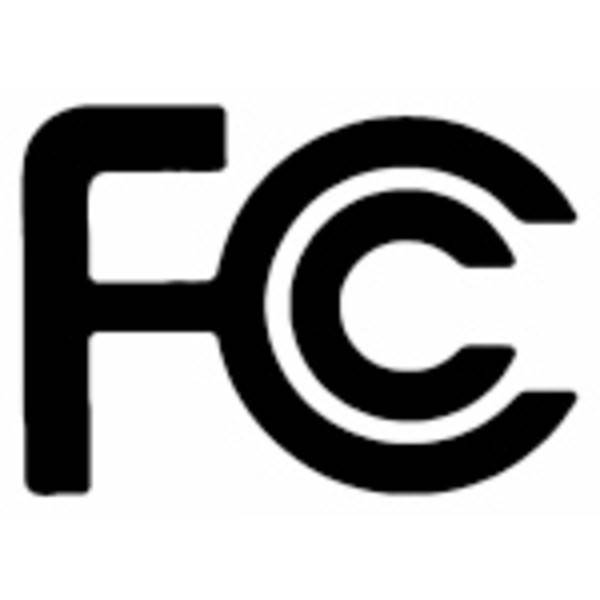FCC Chairman Julius Genachowski is set to unveil a $9 million pilot program aimed at making sure students have access to mobile broadband not just when they’re in the classroom, but when they leave for home.

At an event in New York City today, Genachowski will announce a list of 20 schools and libraries that the FCC plans to connect to the wireless Internet so that students can use Internet-ready devices on and off school campuses.
The “Learning On-the-Go” program that will test how E-rate, the FCC’s education funding program, can provide students with mobile Internet access. While the mandate of E-rate is to provide schools and libraries with Internet access, traditionally the funds have paid for “wired” and desktop – not wireless and mobile – technologies.
This new FCC effort coincides with the Obama Administration’s National Broadband Plan that aims to boost the country’s mobile broadband access overall and with its National Education Technology Plan that proposes that every student and teacher have access to an Internet-enabled device.
These efforts recognize the increasing importance of mobile and online learning, and those students without access at home to these technologies or the Internet are at a major educational disadvantage.
The “Learning On-the-Go” program will be piloted in 14 states and will fund wireless broadband for ten laptop programs, two virtual schools, three handheld device programs, and five technology programs. One program in New Orleans will give third through sixth graders access to wireless data cards, for example.





















